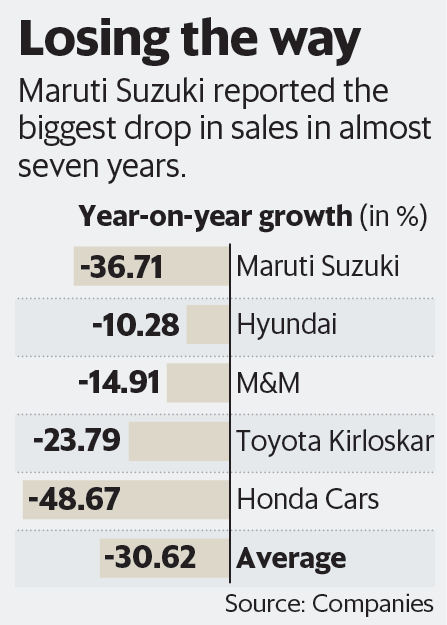900 319 0030
enquiry@shankarias.in
What is the issue?
What is the recent happening?

What are the causes?
What does this indicate?
Source: Indian Express
Related News: Economic Slowdown